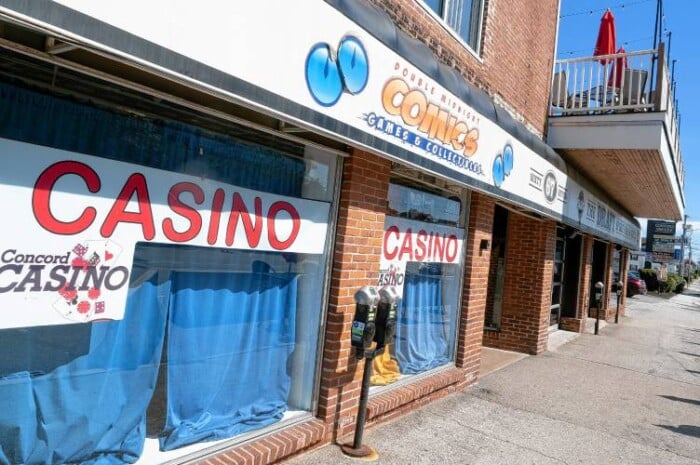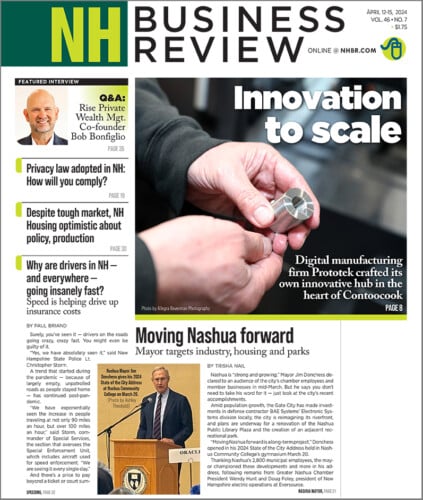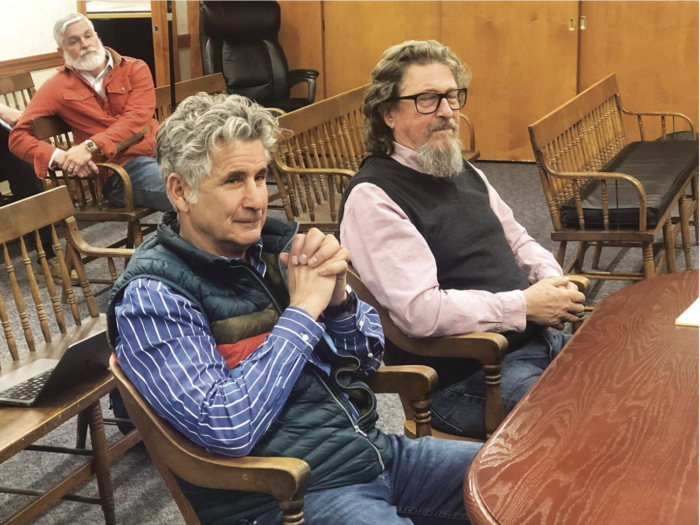Will the landing be soft?
When it comes to the economy, we could be winning the battle, but the war is another matter

In September, I was in Montreal for the fall meeting of the Counselors of Real Estate. These are always energizing events with lots of great speakers, presenters and panelists. The mood was generally upbeat. The forecast was for two to four years of more of the same, but for (there is usually a “but for”) geopolitical risk (i.e., North Korea, Syria, the Ukraine …).
For those of us in “suburban” New England, defined as outside Route 128, we might struggle to grasp this juggernaut of global capital that keeps interest rates low, property values high and a seemingly endless appetite for cash-flowing commercial properties, especially in Boston, New York City, Washington, Chicago, San Francisco and Los Angeles. But the music has been playing for quite some time and competition has forced global investors in to “B” markets (such as Austin, Texas, Charlotte and Raleigh, N.C., Seattle, Portland, Ore.). Now, foreign (and some domestic) investors seeking opportunity are looking at tertiary markets. This is the point where savvy investors start to pull in their sails.
Don't worry. In New Hampshire, we are a “quadruciary,” or maybe a “quintuciary,” market. We will not be seeing foreign capital coming here. We have on occasion and will likely continue to see national money coming here (nor Amazon HQ2)! National REITs buying medical office buildings or certain retail properties, or a Dallas developer looking to redevelop the former Macy's site in Bedford. And there is regional money being invested in downtown Portsmouth development.
Locally, community banks are very eager to lend, although they focus on smaller ($1 million to $10 million deals). They sometimes participate with other banks to fund larger projects. Portsmouth and now Salem, Nashua and Manchester are part of the Greater Boston Metropolitan Statistical Area, so Massachusetts banks will play in this sandbox.
So as Anthony Downs described it in one of his books, The “Niagara of Capital” is still flowing. What happens when someone or something turns off that spigot? That is a good question. If it is a slow, orderly turning of the knob we should have a soft landing. But if it is a sudden and immediate closing of the valve, there could be choppy seas.
Returning to the CREs in Montreal, What did come out of the presentations, panels and discussions was concern about the big geopolitical event. What if North Korea eventually sends some kind of missile into Japan? The U.S. (and others) will respond. What happens next? That is what keeps 40 percent of the CREs up at night. Global markets would react negatively in this scenario. How much they would fall and for how long is a big question mark.
People talk of an imminent correction in the stock market. The late Jeff Thredgold, formerly of Key and Zions Banks, felt that the Dow should track to GDP. With GDP at $20 trillion-plus, then the Dow might be 20,000. Right now we are 10 percent to 15 percent above that, so an adjustment back to 20,000 is not out of the question. But if global markets are really shaken, could the Dow drop 15 or 20 percent? More? It is anybody's guess.
Underlying all this is the fact that the U.S. is not galloping at full speed. It is loping along, but only relative to the Euro Zone and China, both of which are not exactly excelling. So there is concern that while the short-term forecasts are good, the fundamentals are not as solid as they could be.
Here in the U.S., we rant and rave about the president's tweets and football players not standing for the national anthem, but we have much more serious issues right in front of our noses – mediocre public education, soaring healthcare costs, an aging working population, and mushrooming debt, both public and private.
So the near-term seems OK. In fact, we could be winning the battle, but will we win the war? Are we still at a point where we can steer the ship of state to a more rational and sustainable heading? Lots to think about as we start hunkering down in the cooler and earlier evenings.
I am currently reading “Sapiens: A Brief History of Humankind” by Yuval Noah Harari. He offers lots to think about. Pick it up and read it.
Bill Norton, president of Norton Asset Management and principal of Harrington & Reeves, is a Counselor of Real Estate (CRE) and a Facilities Management Administrator (FMA). He can be reached at wbn@nortonnewengland.com.










